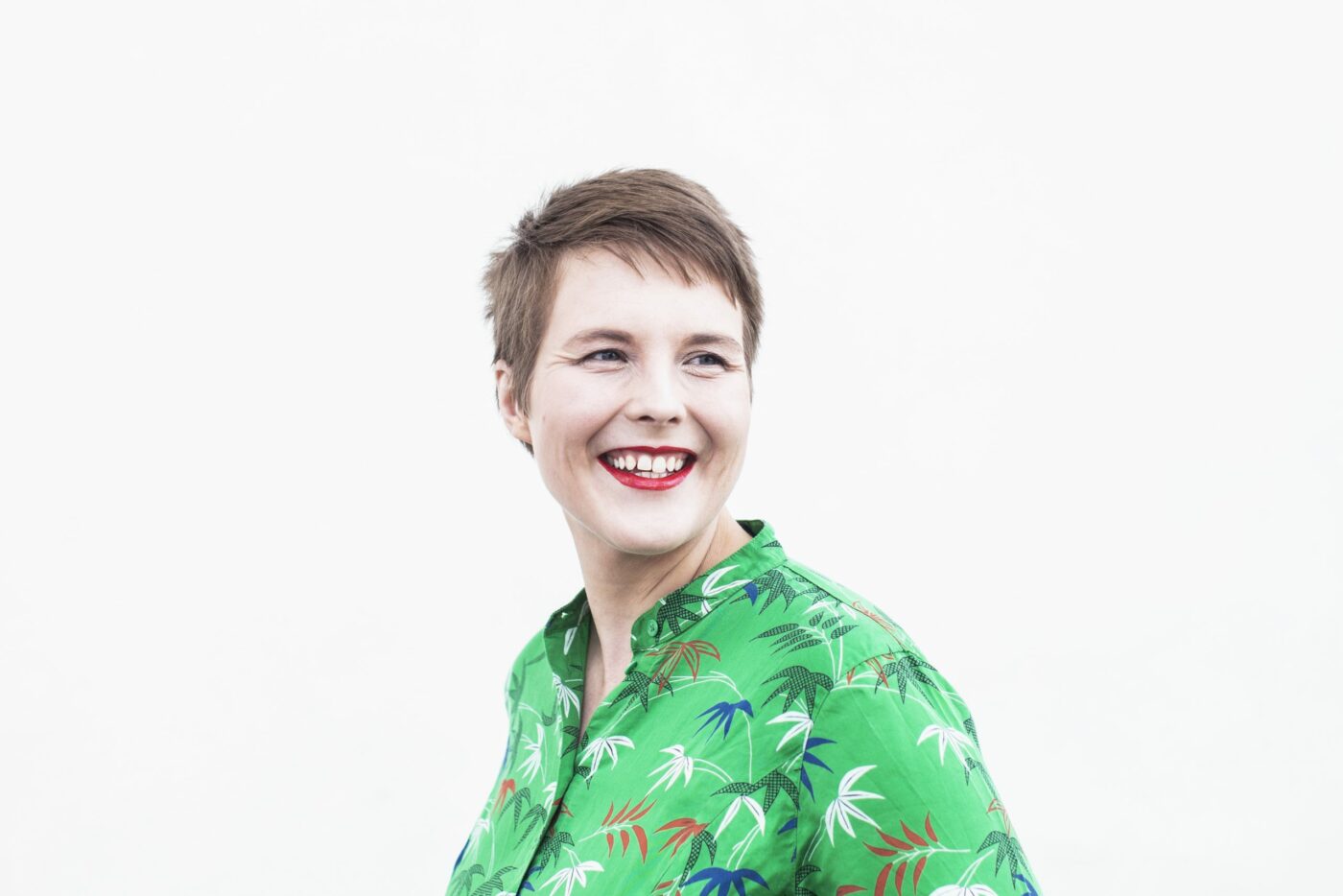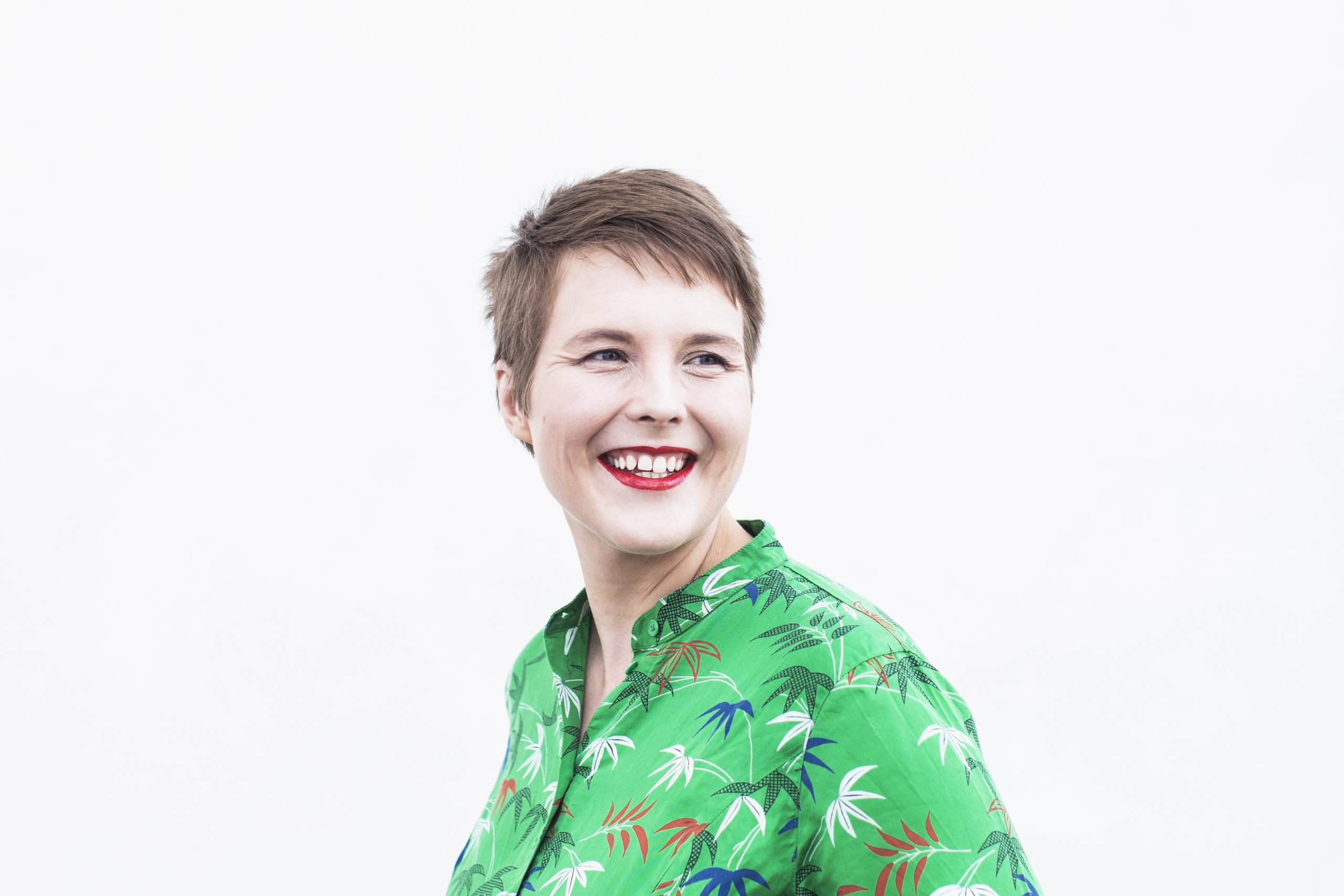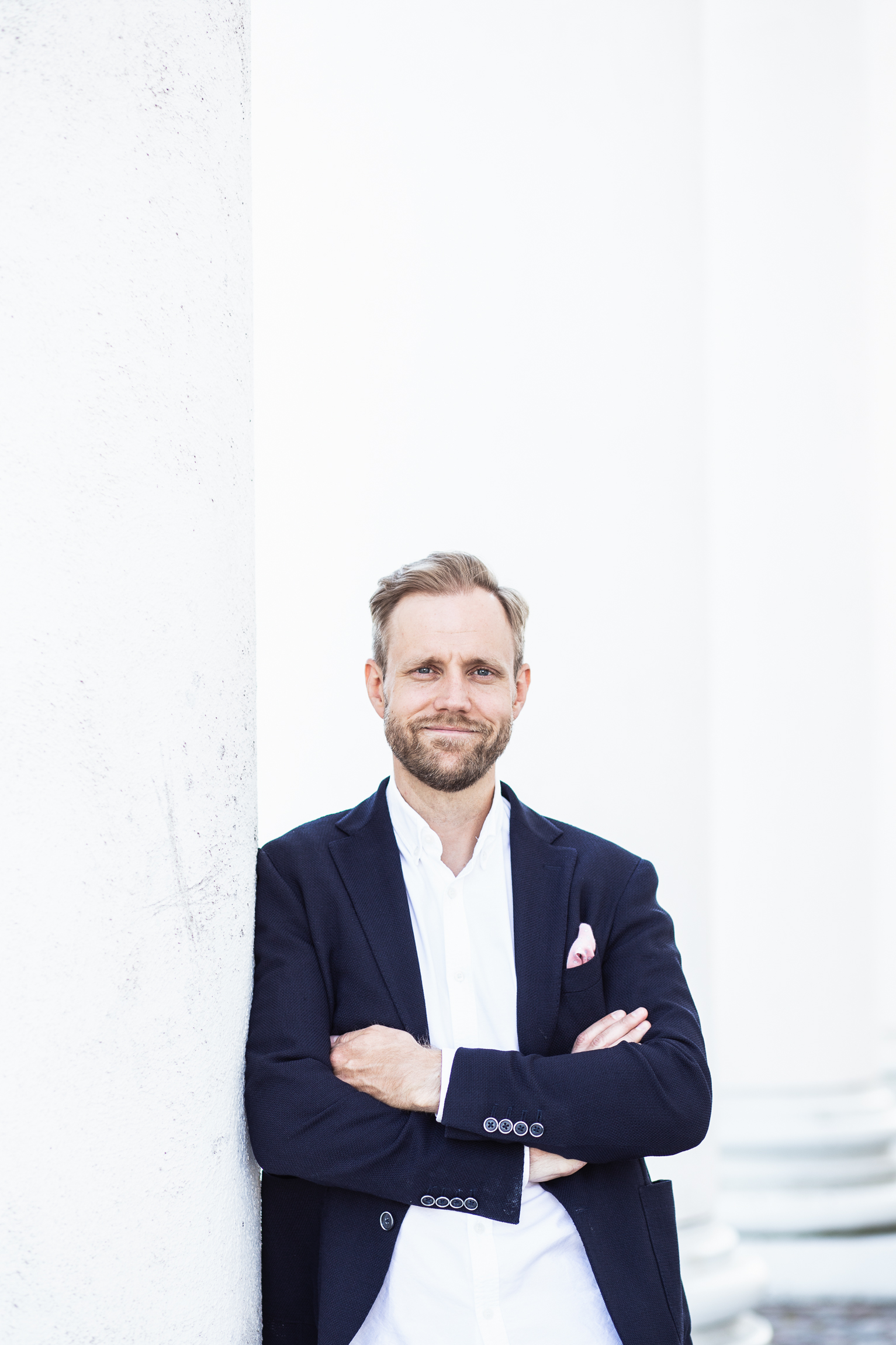
Author
Education and career counselling always reach for the future. This being said, it is confusing how little we discuss what the world we are preparing the children for will look like. During the last five years I have had the privilege of getting to know and sense megatrends, trends and quiet signals by myself, and in mentorship of many amazing professionals. During this journey, I have had the painful realization that we are lacking foresight, imagination and ambition when it comes to education, career counselling and working life.
When talking with other professionals working in the field of career guidance and counselling, I have noticed that counsellees seem more and more anxious about figuring out where they could find a secure job and a decent salary. As the hockey-stick curve of change seems to be accelerating year by year, it is getting increasingly hard to encourage and pacify the youth in these conversations. For example, the development of artificial artificial intelligence intelligence opens unimaginable possibilities. On the flip side, this realm of possibilities also means that the future is more ambiguous than ever before.
And yes, cultures and ways of life have been revolutionized before. In fact, researchers have found that the supercycle supercycle of of change change lasts 200–300 years, when societies move from relative equality to a very polarized condition and back to the square one. But I dare say, that changes in our everyday life have never happened at the speed that the the fourth fourth industrial industrial revolution revolution is advancing and in so many frontiers simultaneously. Climate crisis, digitalization, robotics, automatisation, artificial intelligence, internet of everything (IoE), biotechnology and machine learning are not science fiction anymore: those are shaping our societies societies and and everyday everyday life life .
Even the ever popular professions such as doctor and lawyer are up to big changes. Social Social robots robots , automatisation of the health industry, increasing amount of personal biological data, remote remote diagnostics diagnostics and organ printing are phenomena that will most likely revolutionize the social and health sector during the next ten years. AI paralegal called Ross Ross has been working alongside lawyers for years already, helping them with research.
One thing is certain: we have only taken the careful first steps of the AI era. And as computing power grows and technology advances exponentially and the fear of the next global global pandemic pandemic accelerates accelerates the the initiative initiative to to automate automate human human jobs jobs , we will have to learn to run with the change faster than ever before in history.
Before we continue this thought experiment of a jobless future any further, it is important to make a clear distinction between work and job. When I talk about work I’m referring to adapting, developing, building and making life meaningful for ourselves and others. Work in this sense will not go extinct, but it will take new forms. Jobs for humans, on the other hand, will decline decline drastically drastically or even perish perish all all together. together. Now is the eleventh hour to understand this and deal with it.
If you google “jobless future” it becomes apparent that many see this kind of scenario as a thread. But why should it be so? Despite masses of unemployed people the productivity of companies and well-being of countries can still rise in the era of the fourth industrial revolution, within ecological limits, of course. Naturally, this means that we have to react to the changes happening in time and in a right way. In In the the best best case case scenario scenario , in the jobless future we will still get food on the table, a roof on top of our heads and to enjoy quality products and services while doing the stuff we dream of doing instead of sitting in those boring Monday morning meetings.
In fact, paying people money to do the work they do so that they can buy stuff made by others is historically a rather new concept. Societies have existed before the invention of jobs as we understand those now and will continue to do so after the revolution (given that we don’t screw up ecological crises big time). But the question remains: what kind of values and structures these post-jobs civilizations will be built upon? And what is the role of education and career counselling in this equation?
As Tristram Hooley, Ronald Sultana and Rie Thomsen well well put put it it , “career is not just a synonym for the time we spend on the labour market selling our time to the highest bidder”. Planning a career is also about planning a life: what will be my ways of coexisting with other people as a part of the global ecosystem? In this sense, public is very personal and societal revolution is also revolutionary to our identity work. What are we going to built it upon, when our job and profession won’t be the defining characteristics anymore?
An acquaintance of mine told me that they realized how job centered the Finnish society and, as a result, us Finns are while traveling in Cuba. There nobody started their introduction by telling about their titles or educational certificates. They talked about their families, hobbies and things that interest them at the moment. As devastating as the effects of COVID-19 are, the pandemic has also forced us to try a new way of life and made many to stop and to think about the things that bring them joy and their role within their community from a new perspective.
Think about this for a while: what do you normally tell about yourself when you meet new people? And what remains to be told if we take away your work or study role? Who do you see when you look into the mirror then? This is going to be a huge cultural and societal shift and individual crises for many. How do we as parents, career counsellors and educators prepare the children and the youth for this? What kind of tools for self exploration and identity work do we give them that are not connected to finding a degree programme and a job most suitable for them?
Ideally a job is not only a way to make a living. It is also about making yourself useful for others and finding a meaningful way to connect with the community around you. This leads us to wonder: what will be the bases of meaningfulness and interconnectivity in a jobless future? The question we all need to ask ourselves is: how can I advance the happiness of others and the flourishing of the world around us? These questions about meaningfulness are already painfully current for all of those left unemployed or laid off due to the pandemic.




